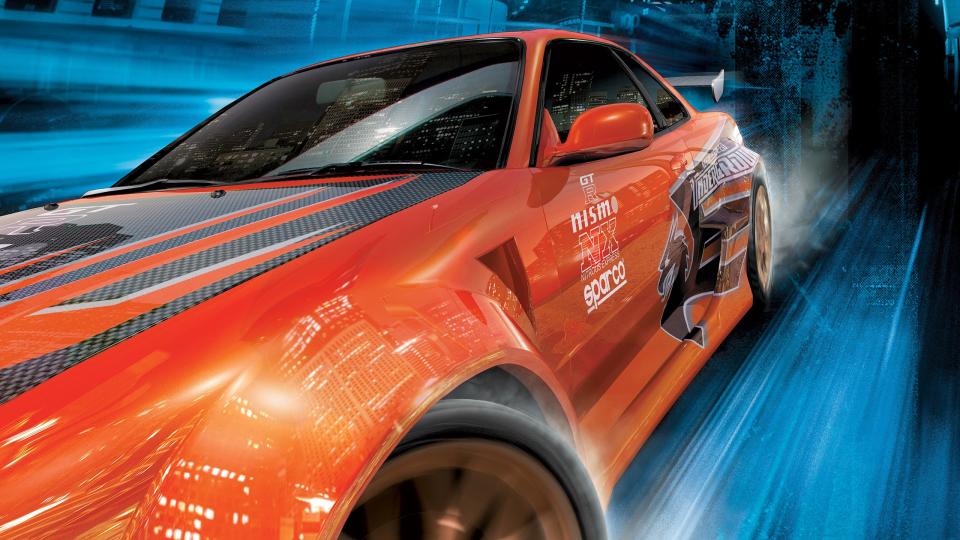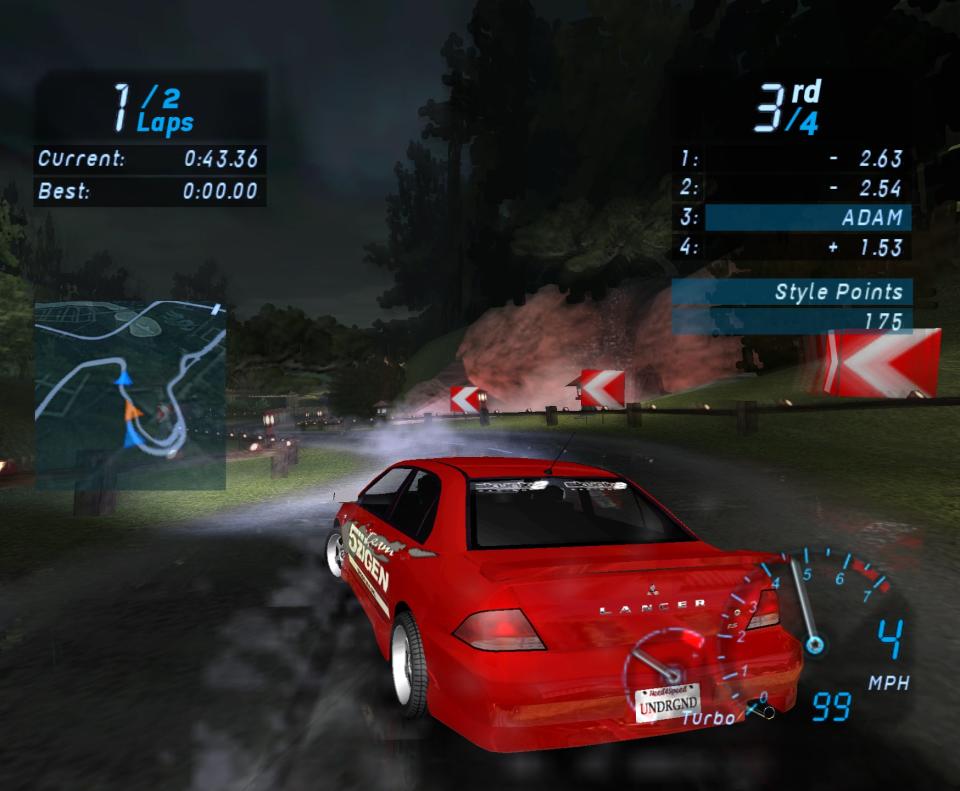Need For Speed: Underground Changed Racing Games 20 Years Ago

Twenty years ago this month, I was a very angry 10-year-old. You see, Need for Speed: Underground had just released, and I wasn't having any of it. I wanted to outrun the cops in a Lamborghini Murciélago, not build a Civic Coupe to grace the cover of Super Street. But it didn't really matter what kid me thought, because Underground was a smash hit. It seized the newfound mainstream fervor around tuner culture and street racing following The Fast and the Furious' release two years earlier, and shifted the trajectory of the genre for the rest of the decade. Now two decades on, it stands as one of the most important racing games of all time.
Depending on your age, this game is the reason you and your friends knew the words to "Get Low" by Lil Jon and the East Side Boyz—the clean version, anyway. Or of brands like HKS and DC Sports, or Import Tuner Magazine. NFSU was the right game at the right time, and that was reflected in the title's market performance. Estimates for stuff like this can get a little murky, but rebooting NFS in full street-racing fashion increased the franchise's sales by as much as seven-fold, depending on where you source your numbers. It also cemented developer EA BlackBox's stewardship of the series for many more years, following the Canadian studio's impressive debut with the PlayStation 2 port of Need for Speed: Hot Pursuit 2. You know, the best NFS ever made. I'm not still bitter, I promise.

In all seriousness, you have to respect Underground's success. There were games vaguely like it before it, of course, from Rockstar's Midnight Club to Genki's Tokyo Xtreme Racer series, which more spoke to Japan's street racing scene before Hollywood caught wind. But none of those seized the moment in quite the way NFSU managed to. As a result, the years that followed saw a flood of also-ran efforts from various publishers hoping to cash in. Street Racing Syndicate and Juiced joined the fray, while contemporary arcade racing mainstays like Test Drive and Rush rebranded themselves in the tuner image, albeit not nearly with the same critical or commercial triumph.

 Yahoo Autos
Yahoo Autos 